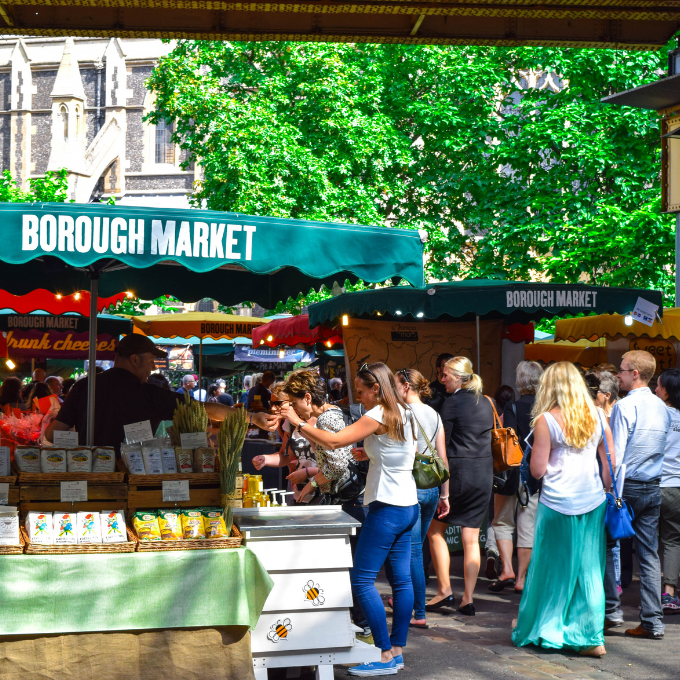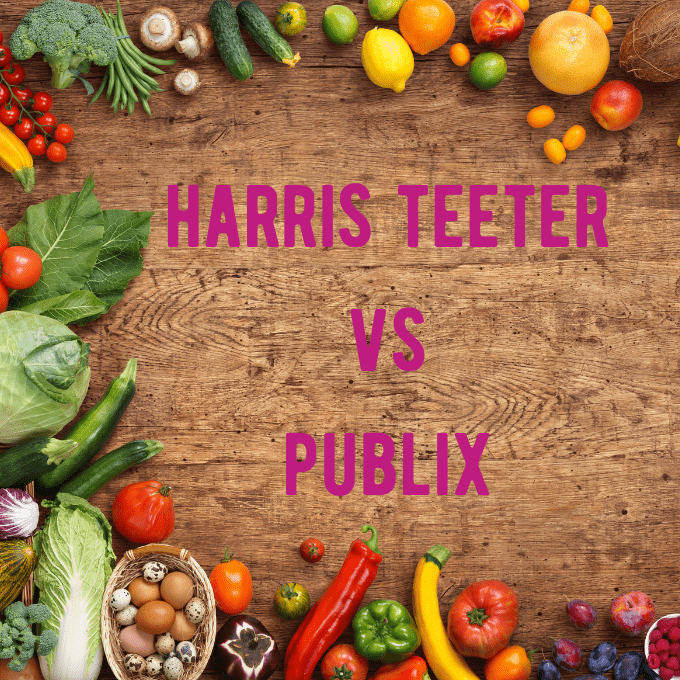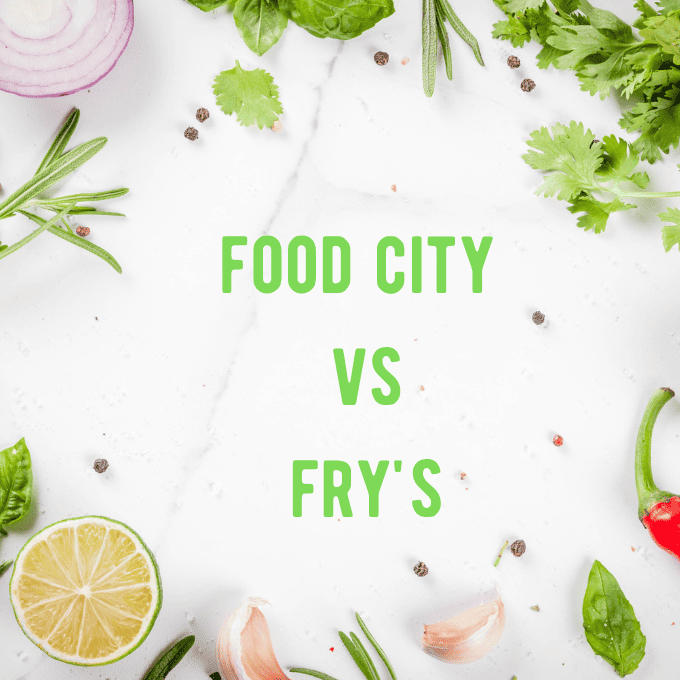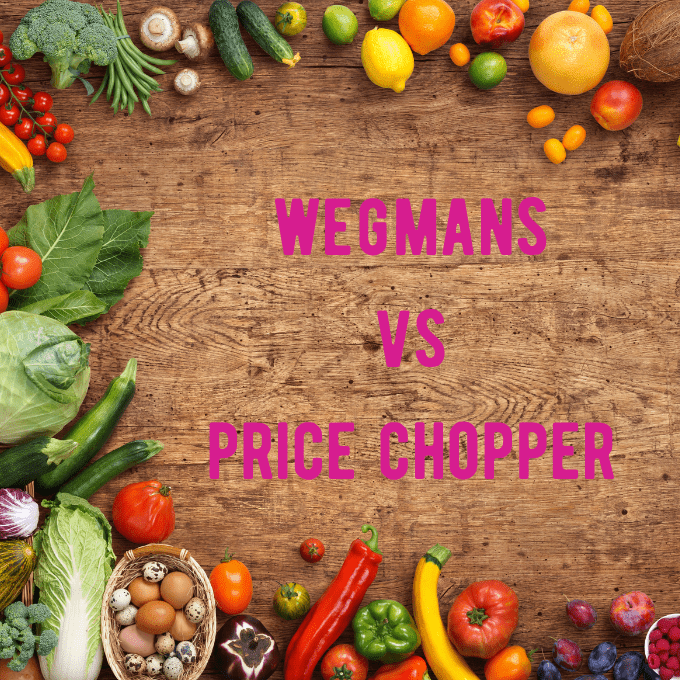1.2 Setting a Grocery Budget
Today we’re going to figure out how to make a grocery budget that really works for you. A budget is super important because it helps us make sure we have enough money for the things we need without spending too much.
Making this budget can be a bit tricky because you’ve got to think about how many people are in your family, if anyone has special food needs, and how often you go to the store.
Remember, everyone’s different, so your budget might not look like someone else’s, especially if you or your family members eat certain kinds of food. But don’t worry!
With some creative thinking and the ability to change plans when needed, you can make choices that are good for your wallet and your kitchen.
Key Takeaways
- Setting a grocery budget is essential to balance our needs with our financial realities.
- There are multiple factors to consider, such as family size, dietary needs, and shopping frequency.
- Regularly revisiting and adjusting our grocery budget can help us stay on track and save money.
Understanding the Importance of Grocery Budget
Creating a balanced grocery budget is vital to manage spending without neglecting essential needs or other crucial bills. An effective budget considers variables like family size, dietary requirements, and shopping frequency, and it must be tailored to individual income, expenses, and debts.
To develop a personalized grocery budget:
- Analyze Current Spending: Review bank and credit card statements to understand your current grocery spending and shopping habits.
- Adjust Gradually: Make minor adjustments to manage costs better, respecting dietary needs and preferences. Explore savings opportunities such as DIY solutions or bulk purchasing.
- Plan for Bulk Purchases: Allocate a budget portion for bulk buys or stocking, ensuring you also have adequate storage and financial capacity to do so.
- Flexibility is Key: Making your budget flexible to changing needs and occasional fluctuations, especially in families with children. Researching and trying new methods can help too!
- Regular Reviews: Keep going back to the budget, lower by 5-10% if possible, and observe how the changes impact your spending and your family.
- Utilize Budgeting Tools: check out budgeting tools and apps but be mindful of any additional costs. Basic tools like a notebook can work just as well.
A good grocery budget helps you plan your shopping trips carefully. It makes sure you have enough money for important things while you get what you need.
By being mindful of our grocery budget, we can really start to see the savings stack up!

Factors to Consider While Setting a Grocery Budget
A mindful grocery budget is key to avoid overspending and making sure all expenses get paid every month.
When making a strong grocery budget, you should think about a few main things:
- Family Size: Think about how much food your family needs. Bigger families will need to buy more food.
- Dietary Needs: Remember to add extra money for special food needs, like if someone eats vegan or needs gluten-free food.
- Shopping Frequency: Be honest about how often you go to the store. Most people go shopping more than they think, sometimes several times a week.
Thinking carefully about these points will help you make a grocery budget that makes sense for your money and your life.
Personalizing Your Grocery Budget
Making a grocery budget means thinking about things like how big your family is, what kinds of food you need to eat, and how often you shop. Every family is different, so there’s no one-size-fits-all budget.
Here’s how to make a budget that’s just for you:
- Look at What You Spend Now: Check your bank and credit card stuff to see how much you usually spend on groceries and how often you go to the store. You might find some surprises.
- Set a Starting Point: Figure out what you usually spend and then tweak it a little to fit your money goals. Make sure you count the extra money for any special food you need.
- Be Ready to Change: When things in your life change, you might need to change your budget a bit, too. Tools like a simple notebook or a budget app can help you keep track of your grocery money.
A budget made just for you helps you eat right without spending too much money. It makes sure you can handle your food costs and still have enough for everything else.

Special Diets and Preferences
If you have special food needs, like eating only organic, vegan, or gluten-free, you’ll need to think more about your grocery budget because these foods can cost more. Here’s how to keep up with your special diet without spending too much:
- Make It Yourself: Try making things like gluten-free bread or almond milk at home to save money on expensive diet foods.
- Buy in Bulk: Get a better deal by buying big amounts of the things you use a lot. Just make sure you have enough space to store it and that it fits your budget.
- Check If It’s Worth It: Think about if the extra cost for certain foods fits your budget or if there’s a cheaper option that works just as well.
Planning carefully and making smart choices can help you stick to your budget while still enjoying the foods you like and need. This way, you can keep eating the way you prefer without hurting your wallet.
Strategies for Saving: Buying in Bulk
Buying a lot of something all at once can really help you save money over time. Here’s how to make sure you’re saving money when you buy in bulk, without going over your budget:
- Plan Before You Shop: Make a list of the things you use all the time, like rice, pasta, and frozen veggies. These are good to buy in big amounts.
- Check the Price Per Unit: Look at the price for each piece or ounce, not just the total price. This helps you see if you’re really getting a good deal.
- Make Sure You Have Space: Before you buy a lot of something, check that you have enough room in your cabinets and freezer.
- Don’t Buy Too Much: Only buy big amounts of things you know you’ll use. This stops you from wasting food and money.
If you’re careful with how you buy things in bulk, you can really cut down on how much you spend and always have what you need at home.

Gradual Reduction in Grocery Budget
We need to revisit our grocery budget regularly as our family and seasons change. Our budget may need to change as well.
We should cut our budget back gradually by 5 to 10% and then check if we are meeting that new budget after a month or two. We can keep doing this until we get to our ideal budget amount for groceries.
Homework
This was a big lesson, so we have big homework today!
- Figure out how often you go to the grocery store each week. (We like to say once a week but when we look back at our credit cards and bank account most of us go more than once!)
- Figure out what you spend on average for groceries every month/week. (Some weeks and trips are higher than others so I like to see what my total spend for a month typically runs. You can do this with your bank records and credit card statements.)
- Set a new grocery budget goal. (This is typically taking your average monthly spend and reducing it by 5 or 10%. Remember we need to slowly reduce overtime in order to maintain this long term. You should also determine how much of this new budget goal should go towards bulk purchases/ stocking up.)
Don’t try to figure these all out in one sitting, since they can get overwhelming. Take your time on this homework because the more accurate you can be, the better it will be to stick to our new goal!






